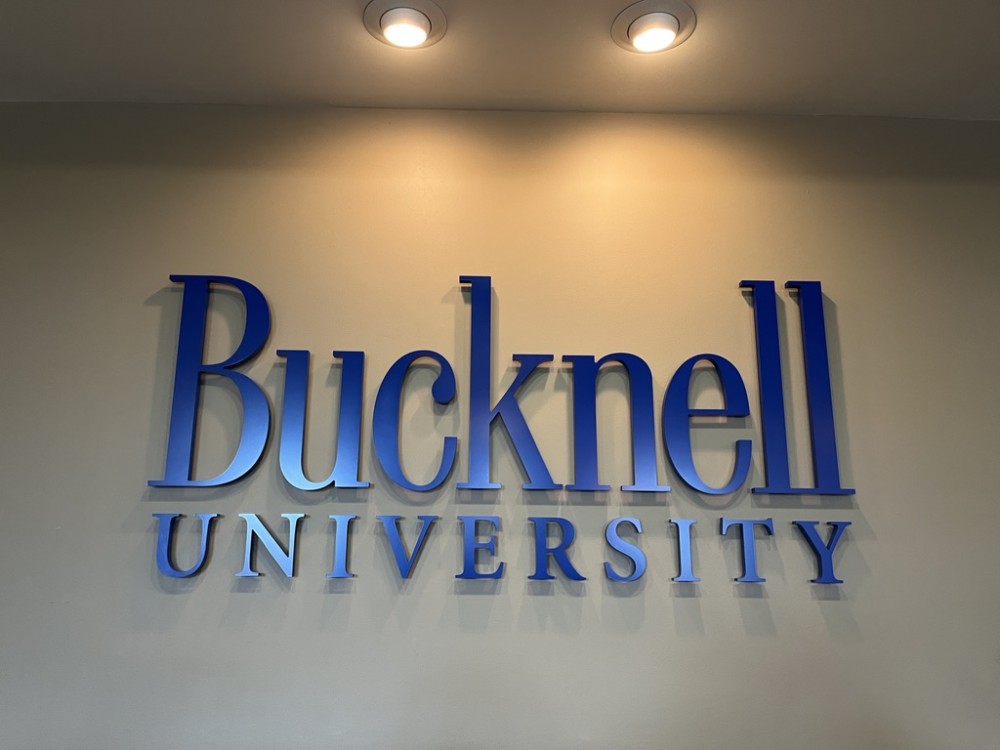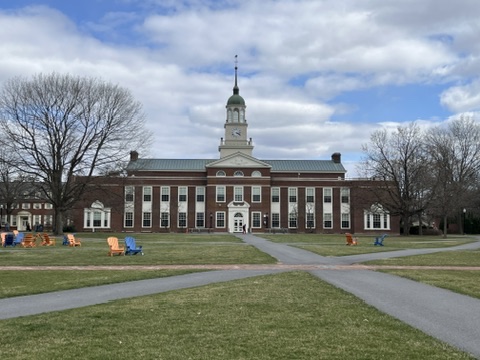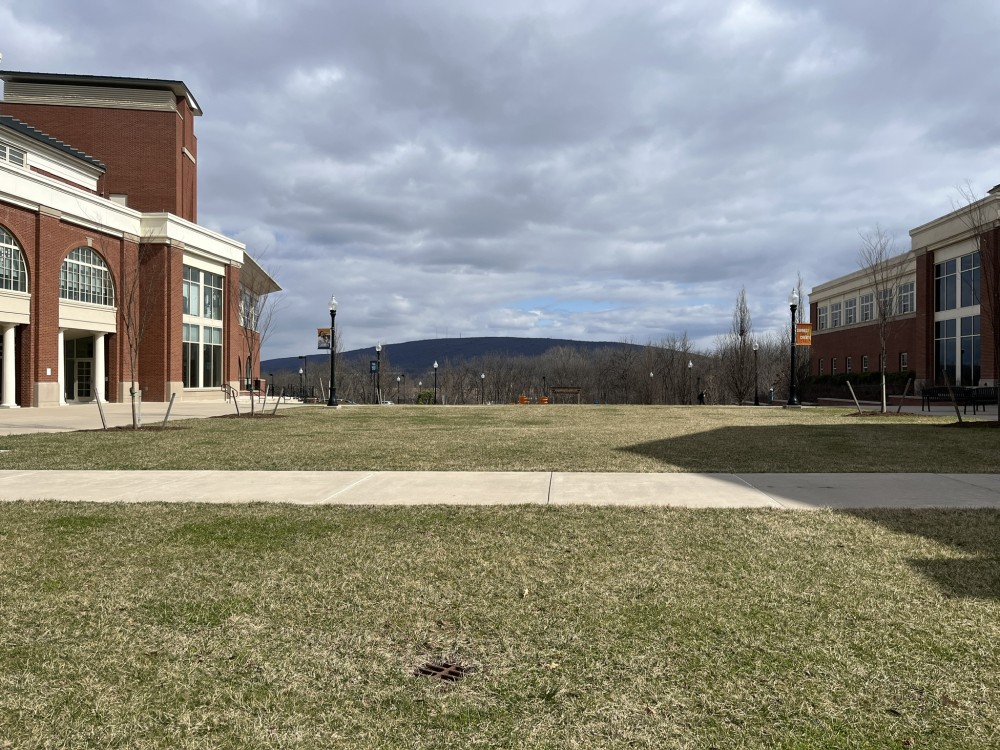Bucknell blends liberal arts, pre-professional pathways
Fast facts for
Bucknell University
I visited Bucknell University along with about 50 other independent educational consultants on a cold and blustery day in late March. Despite the inhospitable weather, we were welcomed warmly by Chrissy Findlay, associate dean of admissions, and a panel of articulate students.

Three colleges, one unified experience
Bucknell, with nearly 4,000 undergraduates, is a little larger than many liberal arts institutions. Three colleges make up Bucknell: the College of Arts & Sciences, the College of Engineering, and the Freeman College of Management. Sixty percent of the students are in the College of Arts and Sciences; Engineering and Management hold 20% each.
Findlay told us that three colleges equal one Bucknell. The liberal arts prepare you to think holistically and write well, and the pre-professional programs ready you for the work force. You can easily major or minor across colleges.

Academic offerings
College of Arts & Sciences
A few interesting majors in the College of Arts & Sciences:
- Animal Behavior
- Cell Biology/Biochemistry
- Computer Science
- Data Science
- Education
- Environmental Geosciences
- Mathematical Economics
- Neuroscience
College of Engineering
Engineering offers eight majors, including:
- Biomedical Engineering
- Civil Engineering
- Computer Science & Engineering
- Environmental Engineering
Freeman College of Management
The Freeman College of Management offers five majors, including these:
- Business Analytics
- Management & Organizations (with one concentration in managing for sustainability)
- Markets, Innovation & Design
The Freeman College of Management is the most selective of the three colleges, and you cannot transfer internally to business. Engineering is also hard to transfer into, but it depends on the school’s capacity in a given year. You must declare a major and a college when you apply, though you can apply undeclared in any of the three colleges and you aren’t required to declare a major until sophomore year. Findlay mentioned that one-third of the engineering students are female, higher than the average of 22%.

Campus developments
Bucknell has a new center for access and student success for first-generation students, a new dining service, a new center for entrepreneurships, and five new residence halls. With a commitment to sustainability, Bucknell aims for LEED certification for all new construction.
Admissions process
Applying to Bucknell
When you apply to Bucknell, your major matters. They will review your school profile to consider the context of your application. They will look at the courses you’ve taken to see if these line up with the major and college you’ve selected. Bucknell will also consider your extracurricular activities, such as athletics, clubs, volunteering, work, and family responsibilities.
For the Common App essay, “tell us something we don’t know,” said Findlay. More importantly, think carefully about how you spend your 250 words on the supplemental essay, which asks why you are interested in this particular major and why you want to study it at Bucknell.
Admissions readers read in teams, with the regional representative acting as the “driver.” Their goal is to enroll 1,010 first-years, and they are guided by finding “interesting, talented, and diverse” students. Bucknell is concerned about shaping the class and how it fits into the community.
Strategic application options
If you know you want to be a Bucknellian and you don’t need to compare financial aid offers, applying Early Decision could increase your chances of acceptance. Between ED1 and 2, 60% of the class came in through the ED avenue. They don’t offer Early Action.
Academic prerequisites
If you’re applying for engineering, you must have chemistry or physics on your transcript. Math, science, engineering, accounting, business analytics, and economics majors need pre-calculus at a minimum. All students should have two years of foreign language (ASL counts) in grades 9 through 12 for Bucknell.
Student life
Student panelists talked about what drew them to Bucknell. I asked about the prevalence of Greek life, and we learned that though half of all Bucknellians go Greek, it’s not overwhelming because there are plenty of other things to get involved in. Bucknell doesn’t allow students to rush until sophomore year, and that seems to be the height of Greek influence. After that, one student said, it’s much less in your face. In addition to Greek life, sports teams have their own houses, and they have affinity housing as well, living-learning communities based on a shared interest. Division I athletes make up 20% of the student body.
The ideal Bucknellian
Students who would succeed at Bucknell are open minded, interested in a liberal arts education, and looking for close relationships with professors. They appreciate the outdoors. The little town of Lewisburg is eco-friendly and receptive to Bucknellians. One student said the rural nature of Bucknell allowed her to understand who she is.
First-year experience
First-years arrive five days ahead of other students and two upperclassmen serve as orientation assistants (OAs) for each freshman. In addition to the usual drug-and-alcohol lecture, the OAs help new students learn the campus, even walking them through their schedules. You have an automatic connection to established students and get to set your room up early. Candle-lighting happens on the last night of orientation, when the women dress up in long dresses and men in suits. The tradition gets repeated when you graduate.
In my opinion. . .
Of all that the students talked about, the thing that stood out to me came from a poised sophomore woman in business. She said that Bucknell “amplifies student voices.” If you want your voice to be heard, Bucknell could be the place for you.